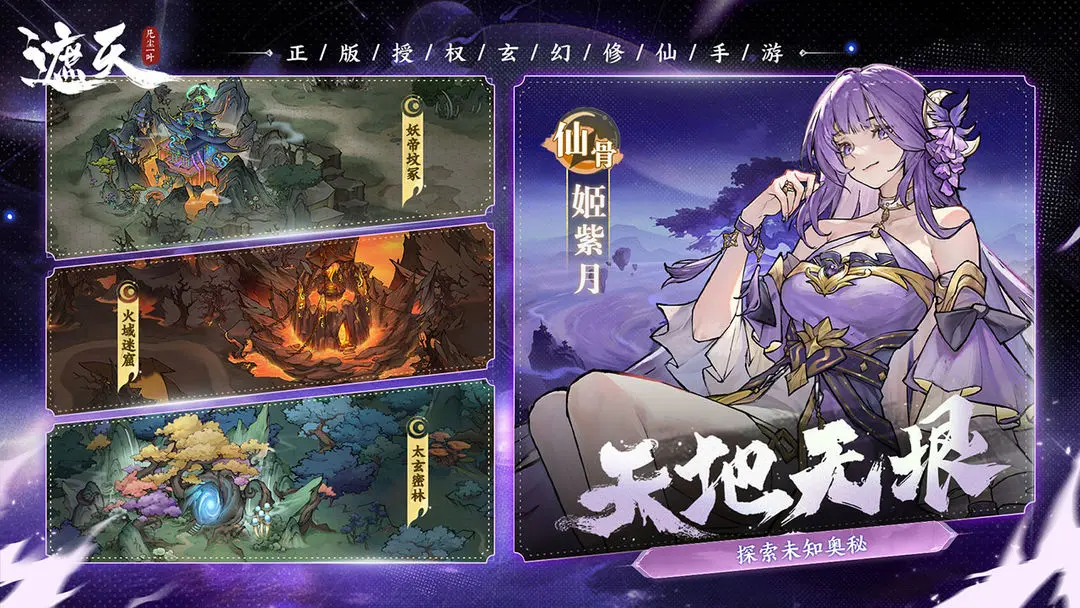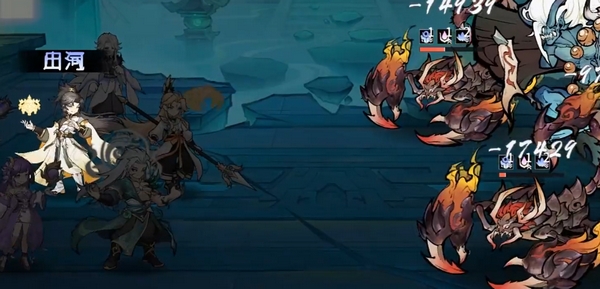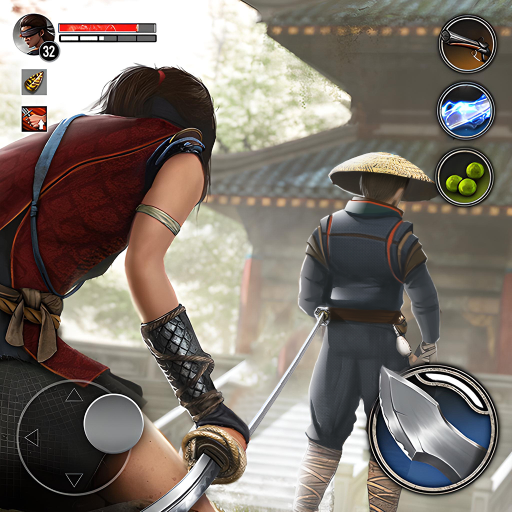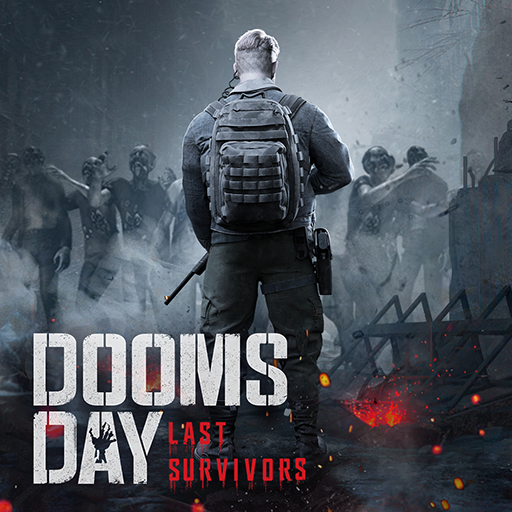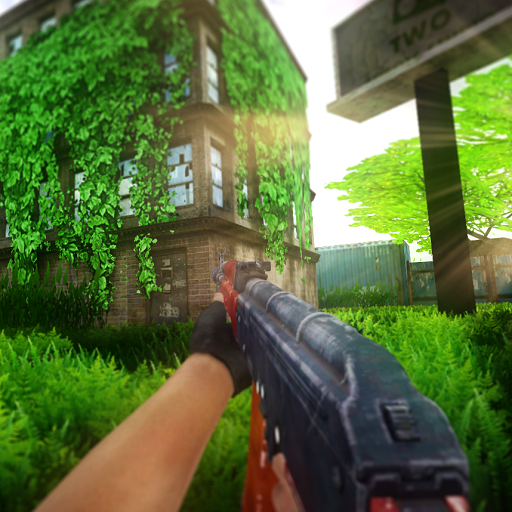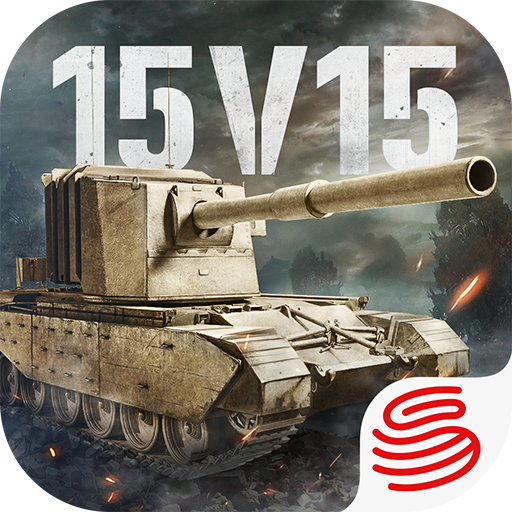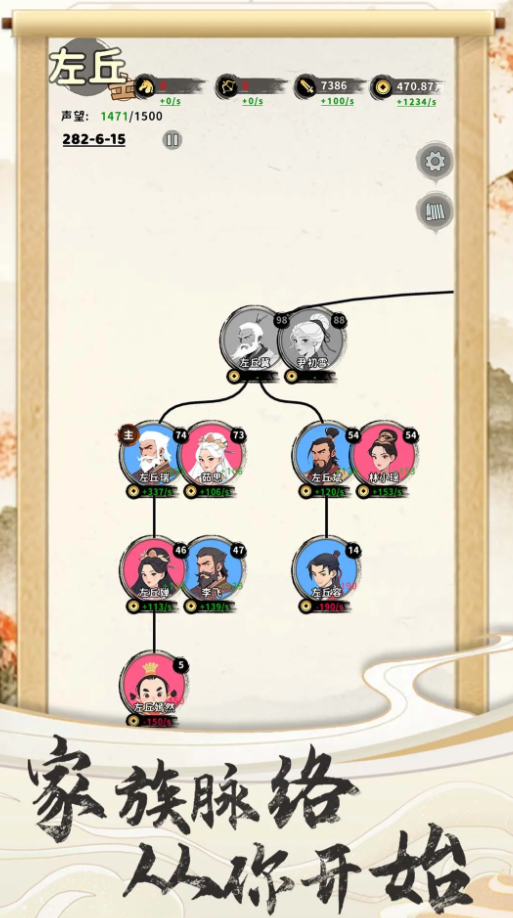
In the early stages of the game, one of the most important decisions players need to make is choosing a suitable development path. If they opt for the path of a civil official, they can enter the bureaucracy through imperial examinations or by befriending the powerful, starting as a minor county magistrate or advisor, and gradually rising through ranks based on intelligence and loyalty, eventually becoming a chancellor, grand commandant, or even supporting a puppet emperor to wield supreme power. For those inclined towards the military route, they must accumulate prestige through battle achievements, first joining a local minor faction or warlord's army, winning the trust of their lord through valiant deeds, then building their own forces and contending for territory in the chaotic times. Additionally, players can also choose the path of a wandering knight or merchant, gaining the love of the people through chivalrous deeds, or amassing great wealth to secretly influence the Three Kingdoms' landscape. Regardless of the chosen path, players need to carefully plan and utilize resources wisely to establish themselves in the tumultuous times.
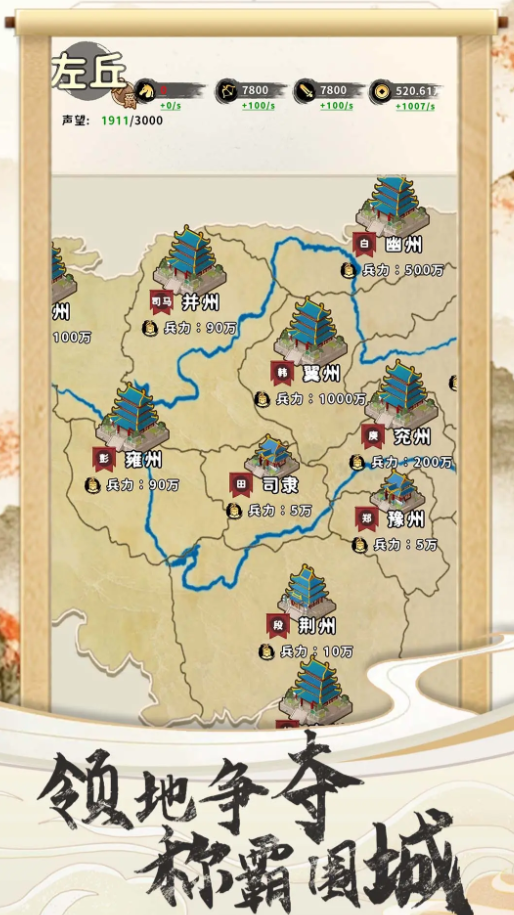
The combat system in the game is more complex compared to traditional Three Kingdoms games, testing the player's command abilities. Battles are not just about simple countermeasures between troop types but also involve factors such as morale, battlefield terrain, and formations. For example, in mountain warfare, the mobility of cavalry is restricted, while archers and spearmen can perform better; naval battles require special naval commanders, otherwise, combat effectiveness is significantly reduced. Moreover, the individual abilities of generals are crucial, with each having unique fighting styles, such as Guan Yu's raiding ability, Zhang Liao's rapid attack tactics, and Zhuge Liang's ingenious strategies. A proper combination of generals and troops can lead to victories where the weak overcome the strong, achieving results with fewer numbers. Therefore, players need to continuously adjust tactics and flexibly respond to various battlefield situations rather than relying solely on numerical superiority.
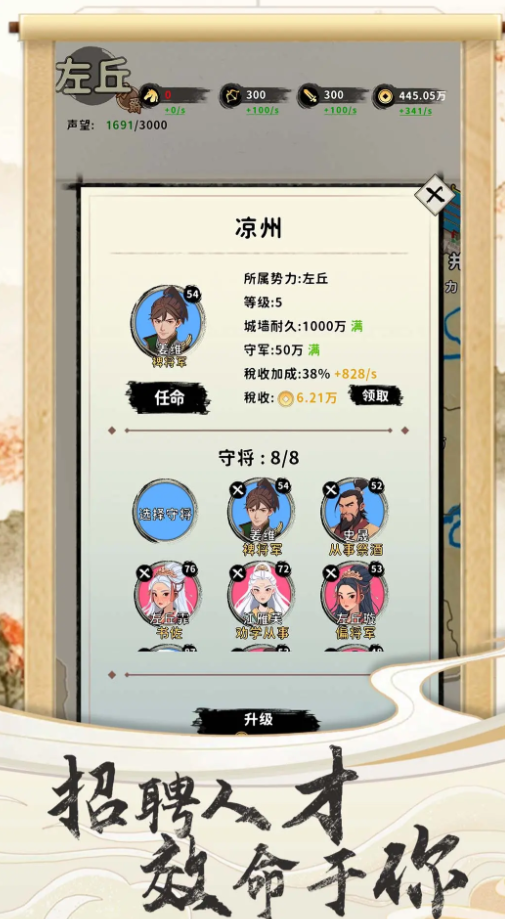
Beyond combat, the game's internal governance system is also very meticulous, requiring players to have some organizational skills. Players need to manage cities, develop agriculture, commerce, and technology, while also paying attention to the happiness index of the populace, to avoid rebellions caused by excessive taxation or frequent wars. Grain supply is critical in warfare; if logistics fail, even the strongest army cannot sustain prolonged operations. Furthermore, diplomatic strategies are equally important, as players can choose to form alliances to jointly confront powerful enemies or use spies to sabotage enemy rear lines, weakening the opponent's strength. The completion of certain historical events and special missions can also affect the overall direction of the game, such as successfully turning Wei Yan and Jia Xu, which could even alter the ending of the Three Kingdoms. Therefore, players not only need to focus on military development but also balance politics, economy, and diplomacy to build a stable regime.
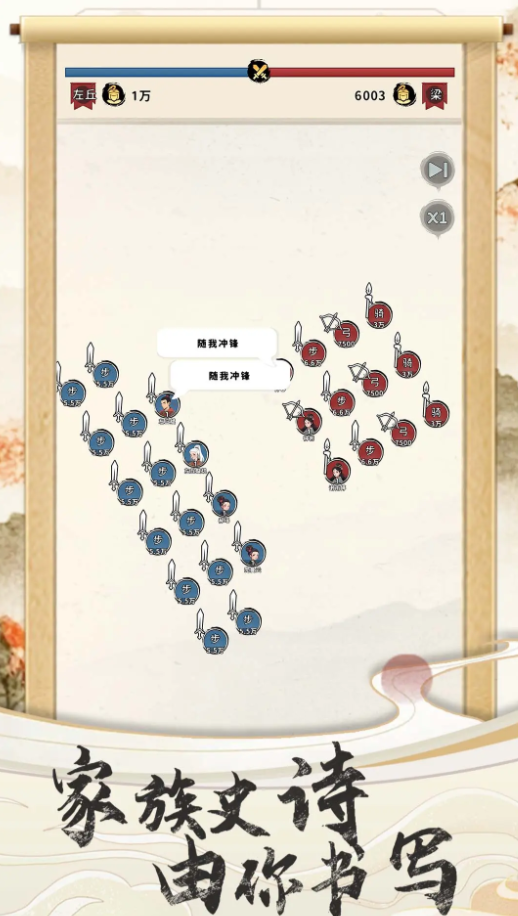
Overall, Three Kingdoms Life is a highly free and strategically intense game. It not only tests the player's command abilities in battle but also requires political acumen and a global perspective. Whether players aspire to navigate the court, dominate the battlefield, or manage cities to become the wealthiest, the game provides rich choices and challenges. The most appealing aspect is that every decision can change the fate of the character and even influence the course of the entire Three Kingdoms history. For players who love the Three Kingdoms theme and strategy games, Three Kingdoms Life is undoubtedly a work worth investing a lot of time and effort in, as it is not just a game but a grand and turbulent life experience in a chaotic era.
